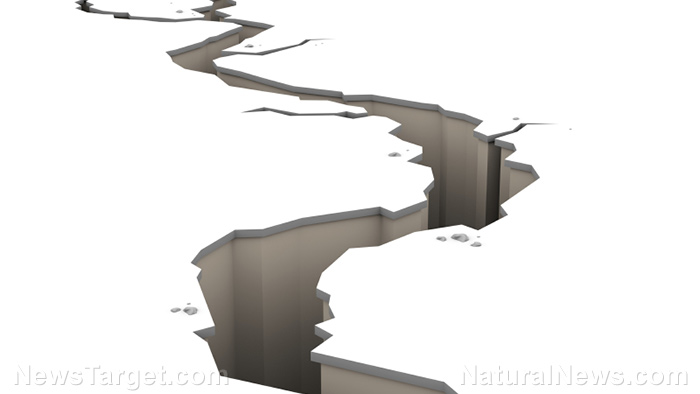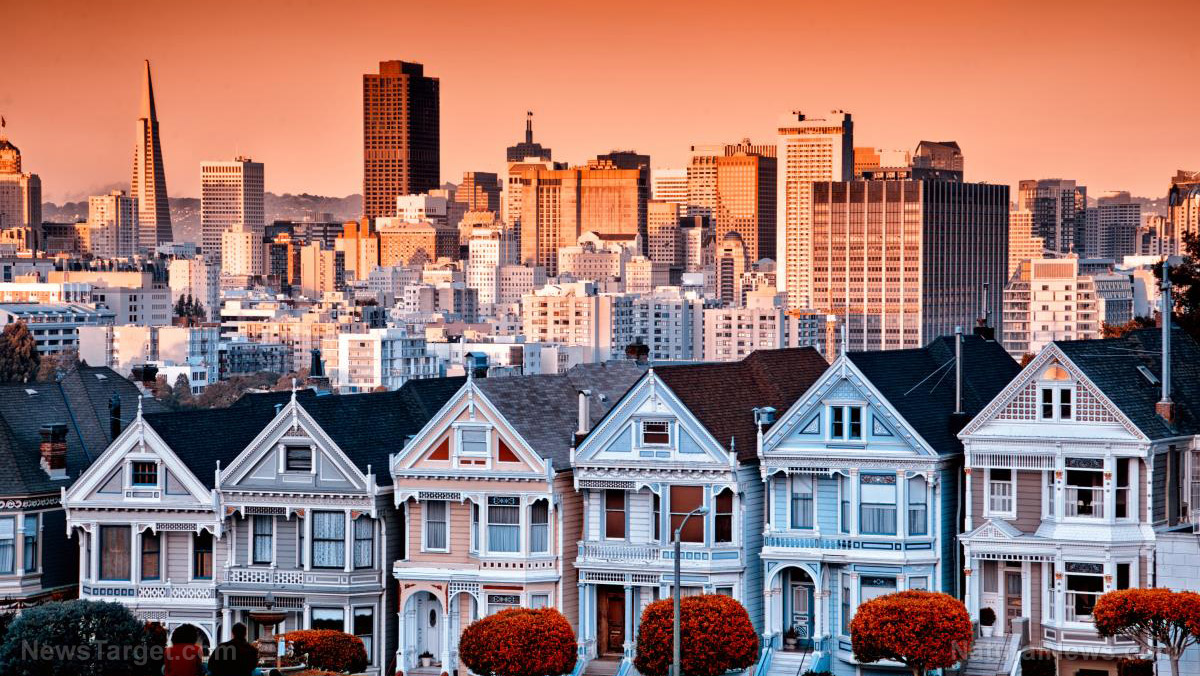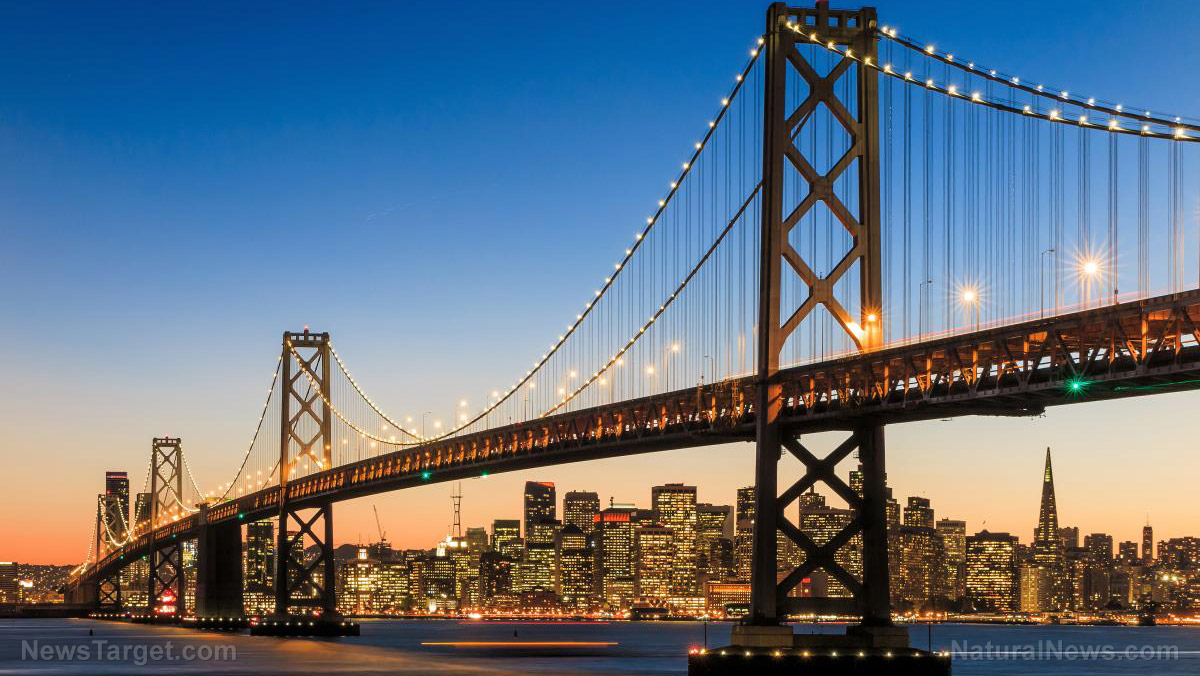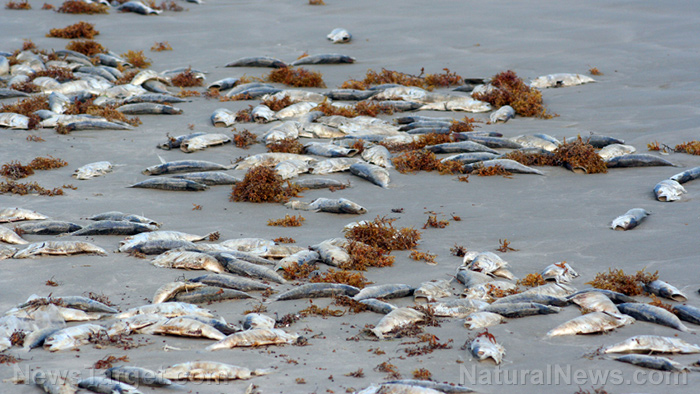
A new study suggests that Los Angeles (LA) and other parts of California could be hit by a major earthquake soon.
Scientists from the California of Institute of Technology have identified more than 1,200 shallow quakes in the previous eight months. These shallow quakes were identified about one mile below the surface, which can develop and produce passageways for more serious ruptures on the surface.
The team examined Long Beach and Seal Beach, two LA suburbs that are situated along the Newport-Inglewood fault.
Earlier studies have suggested that this fault is capable of up to a 7.4-magnitude earthquake, which has an energy equivalent of around 32 Hiroshima atomic bombs.
According to Susan Hough, a United States Geological Survey (USGS) seismologist, shallow quakes can feel like "a bomb directly under a city." While the name doesn't sound alarming, shallow quakes can build up to create more pathways for intense earthquakes to rupture on the surface.
The shallow quakes earlier avoided detection of the regional seismic network due to urban noise from ships, exploration devices and other sonar technologies. By investigating during evening hours when noise levels are low, the team was able to identify 1,262 events.
The team detected the shallow earthquakes using three dense nodal seismic arrays placed temporarily in the Long Beach-Seal Beach area. Shallow earthquakes are triggered by stresses on the fault rising slowly in response to the slow movement of tectonic plates, with sliding starting when these stresses surpass static friction.
We are building the infrastructure of human freedom and empowering people to be informed, healthy and aware. Explore our decentralized, peer-to-peer, uncensorable Brighteon.io free speech platform here. Learn about our free, downloadable generative AI tools at Brighteon.AI. Every purchase at HealthRangerStore.com helps fund our efforts to build and share more tools for empowering humanity with knowledge and abundance.
The scientists also found new faults between the Los Alamitos fault and the Newport-Inglewood fault, and north of the Garden Grove fault. They said other faults in southern California could be examined for these very shallow quakes to better characterize seismic hazards.
Bay Area is overdue for an earthquake of up to 6.7 magnitude
While the research focuses on L.A. area, a report from the USGS released this month said the Bay Area is overdue for an earthquake of up to 6.7 magnitude. It could strike on or before 2030. (Related: Catastrophic earthquake overdue for California, geologists warn: Are you prepared yet?)
The people of Alameda could be in the way of the destructive event. The small city was previously a peninsula linked to Oakland by a small landmass that was dredged out to lengthen a shipping strait more than a century ago.
Christine Goulet, the director of earthquake sciences at USGS, told a Bay Area paper that Alameda is in danger of crumbling in on itself when an earthquake finally strikes.
"With fill, it's a little like a house of cards," Goulet said.
According to Goulet, the wet marshland pumped from the bottom of the San Francisco Bay during the early part of the 20th century was possibly not packed down properly. Thus, most of the six-mile-wide landmass is in danger of liquefaction – a phenomenon that happens under severe shaking that makes waterlogged soil lose its strength and behave like a liquid.
Follow Disaster.news for more news about earthquakes happening in America and other parts of the world.
Watch this video explaining how a series of California earthquakes can trigger a catastrophic mega earthquake.
This video is from the #SeekingTheTruth channel on Brighteon.com.
More related stories:
Swarm of mini-tremors near Reno raises fears Nevada is about to be hit with a large earthquake.
Scientists speculate that uptick in California earthquakes might trigger Yellowstone supervolcano.
After 7.8 magnitude earthquake rocks Turkey and Syria, death toll estimated to reach 20,000.
Sources include:
Please contact us for more information.



















